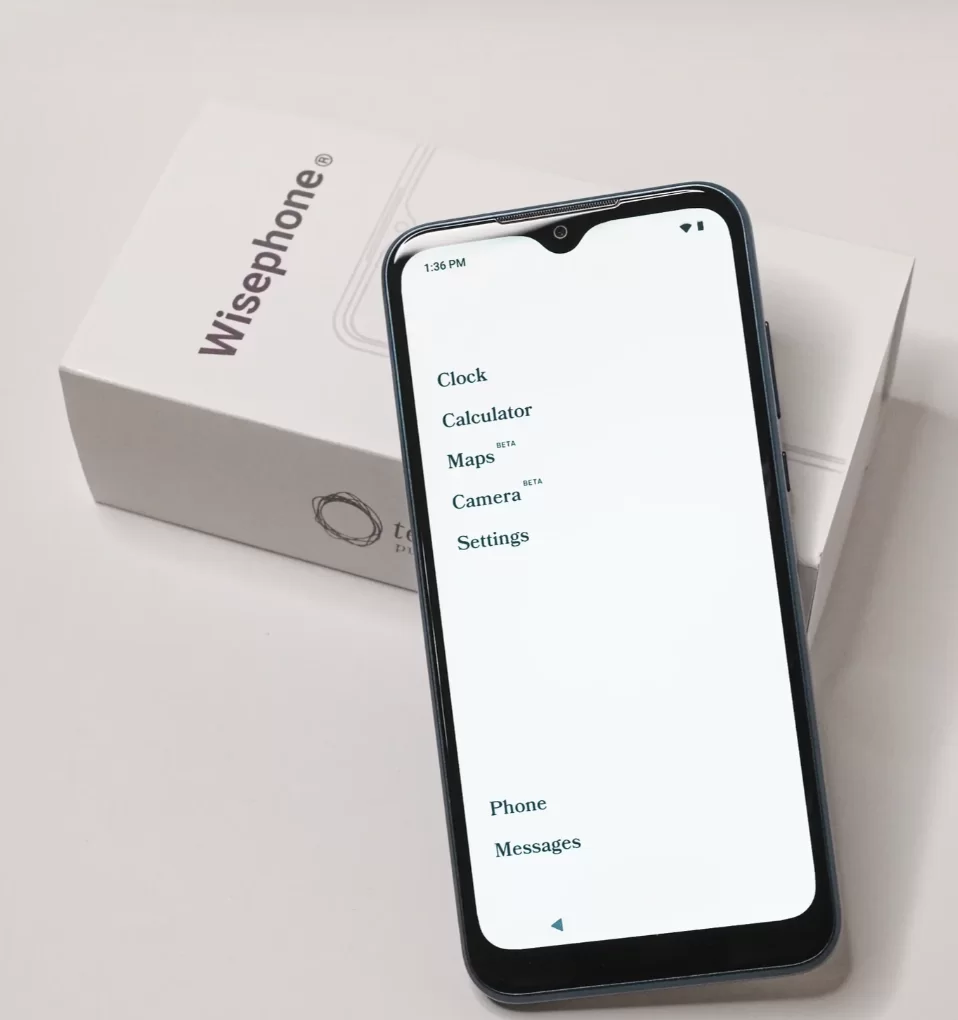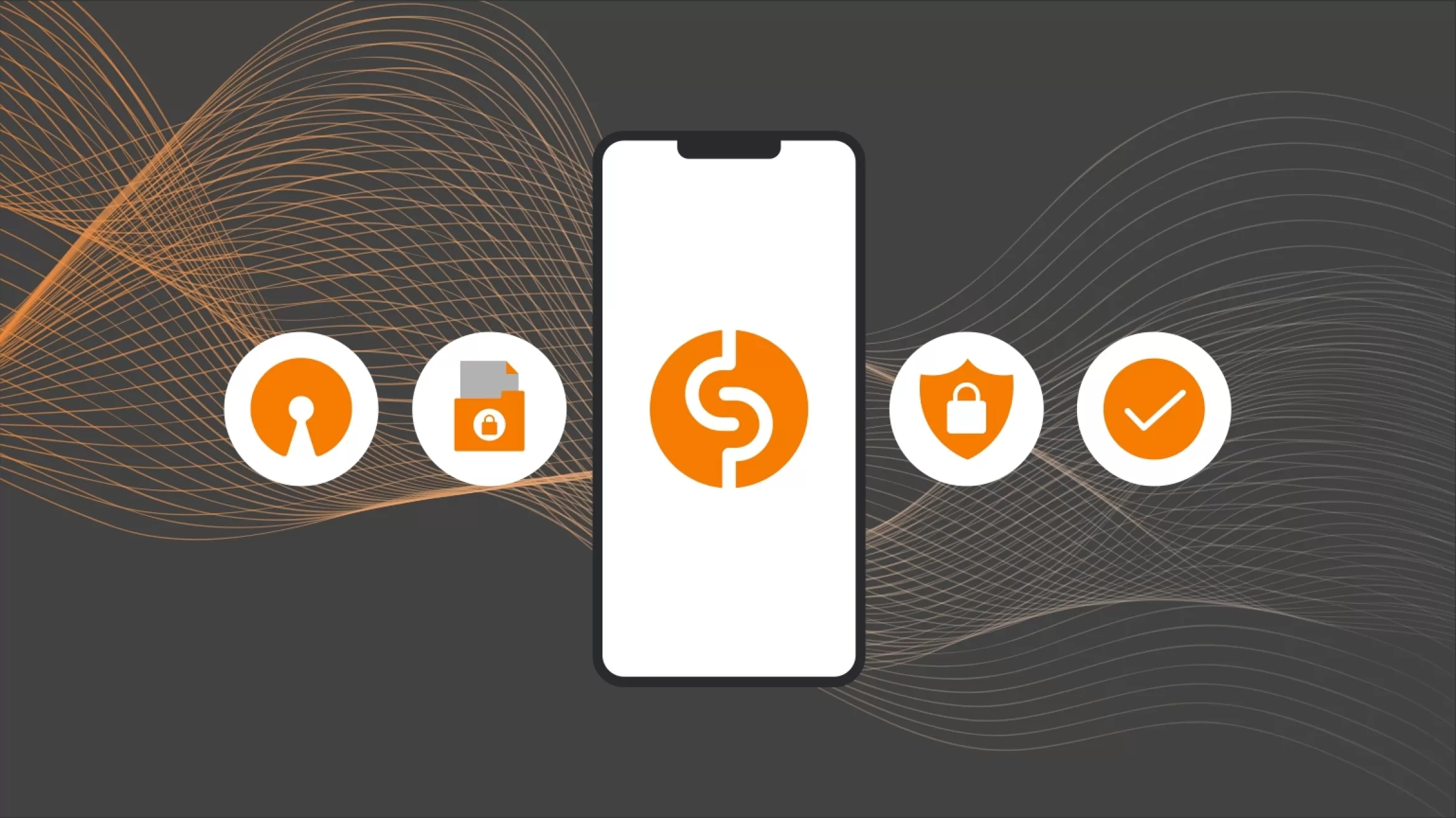Smartphones have become an integral part of our daily lives, and it is not uncommon for children to own one as well. While smartphones can be a useful tool for communication, access to information, and entertainment, there are also risks associated with kids owning smartphones that parents should be aware of.
Cyberbullying and online harassment
One of the main risks of kids owning smartphones is the possibility of cyberbullying and online harassment. Cyberbullying can take many forms, such as sending threatening or harassing messages, spreading rumors or false information, or posting embarrassing photos or videos online. Children who own smartphones may be more vulnerable to these types of online behaviors, as they may be more likely to share personal information or communicate with strangers online.
Exposure to inappropriate content
Another risk of kids owning smartphones is the potential for exposure to inappropriate content. Children may accidentally or intentionally come across explicit or disturbing material while using their smartphones, which can be harmful to their development and well-being. Parents can use parental control and content filtering tools to help protect their children from inappropriate content, but it is important to also educate children about online safety and the importance of being mindful of what they view and share online.
Dependence on technology
Another concern is the potential for children to become overly dependent on their smartphones. Excessive use of smartphones can lead to a lack of face-to-face communication and social skills, as well as decreased physical activity and sleep. It is important for parents to set limits on smartphone use and encourage their children to engage in other activities, such as playing sports or spending time with friends and family.
Privacy and security
Finally, kids owning smartphones raises concerns about privacy and security. Children may not fully understand the importance of protecting their personal information or the potential consequences of sharing too much online. It is important for parents to teach their children about online privacy and security, and to help them set strong passwords and enable privacy settings on their devices.
Our Solution
While smartphones can be a useful tool for children, it is important for parents to be aware of the risks associated with kids owning smartphones and to take steps to protect their children from these risks. As Chris Kaspar says “There are hidden dangers in smartphones.Things like pornography can slip in, even for the most well-intentioned. It’s a Pandora’s Box. Even with ‘parental controls,’ young people can easily work around them due to these weaknesses at the device level. In the end, there is no simple and trustworthy solution in the market right now.”
Wisephone is different from other phones because it allows the option for complete transparency through the Family Portal. Call history, text messages, and location information are accessible at all times — ensuring parents, care givers, or accountability partners are in tune with their kids phone usage.









